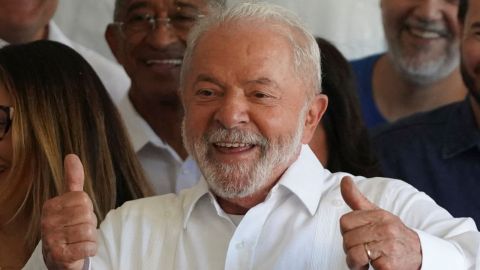Brazil's Chamber of Deputies approves bill for online gambling & sports betting
In a noteworthy advancement, Brazil’s Chamber of Deputies has given its approval to the legislation that has been designed to pave the way for the introduction of a federal marketplace for sports wagering and the regulation of online casino games. As the bill (PL3626/23) has now been validated by the Chamber of Deputies, it is all set to be sent to the President of Brazil, Lula da Silva, for federal approval.
The Chamber of deputies’ approval to the PL3626/23 legislation follows a series of debates and considerations. It also experienced a period of indecision in the Senate, where debates over the inclusion of iGaming or online casino games led to the bill being sent back to the chamber. In spite of opposition from the side of some senators, the majority of the 261 lawmakers voted in favor of retaining online casino games in the bill.
Thus far, the legislation has faced a number of challenges, especially from Evangelical deputies who, in collaboration with the opposition, asked for the removal of a provision related to online games during the last voting session. However, they could not succeed in their attempt, and the proposal approved by the chamber reinstated the authorization of betting for virtual online gaming events, which are commonly known as online casinos.
According to a newly-published report, “The proposal approved by the Chamber reestablished, however, the authorization of betting for virtual online gaming events, the so-called online casinos, which had been removed from the text by the senators.”
It is worth noting here that Evangelical deputies have indicated that they intended to request President Silva to eliminate casino modalities when he would receive the legislation for federal signature. It is also worth mention here that when former President Jair Bolsonaro received a similar legislation last year, he refused to sign that into law.
Under the new legislation, operators are required to pay BRL 30 million (approx. €5.5 million) to obtain a federal license, which will be valid for five years, allowing the management of a maximum of three brands.
The newly approved bill maintains the tax & fiscal structures proposed by the Brazilian Senate's Economic Affairs Commission (CAE), according to which, operators holding a license in the Brazilian federal market will be subject to a tax of 12 per cent, while 15 per cent tax will be charged on players' rewards. A portion of the collected revenues will be allocated to social security, sports, and tourism.
